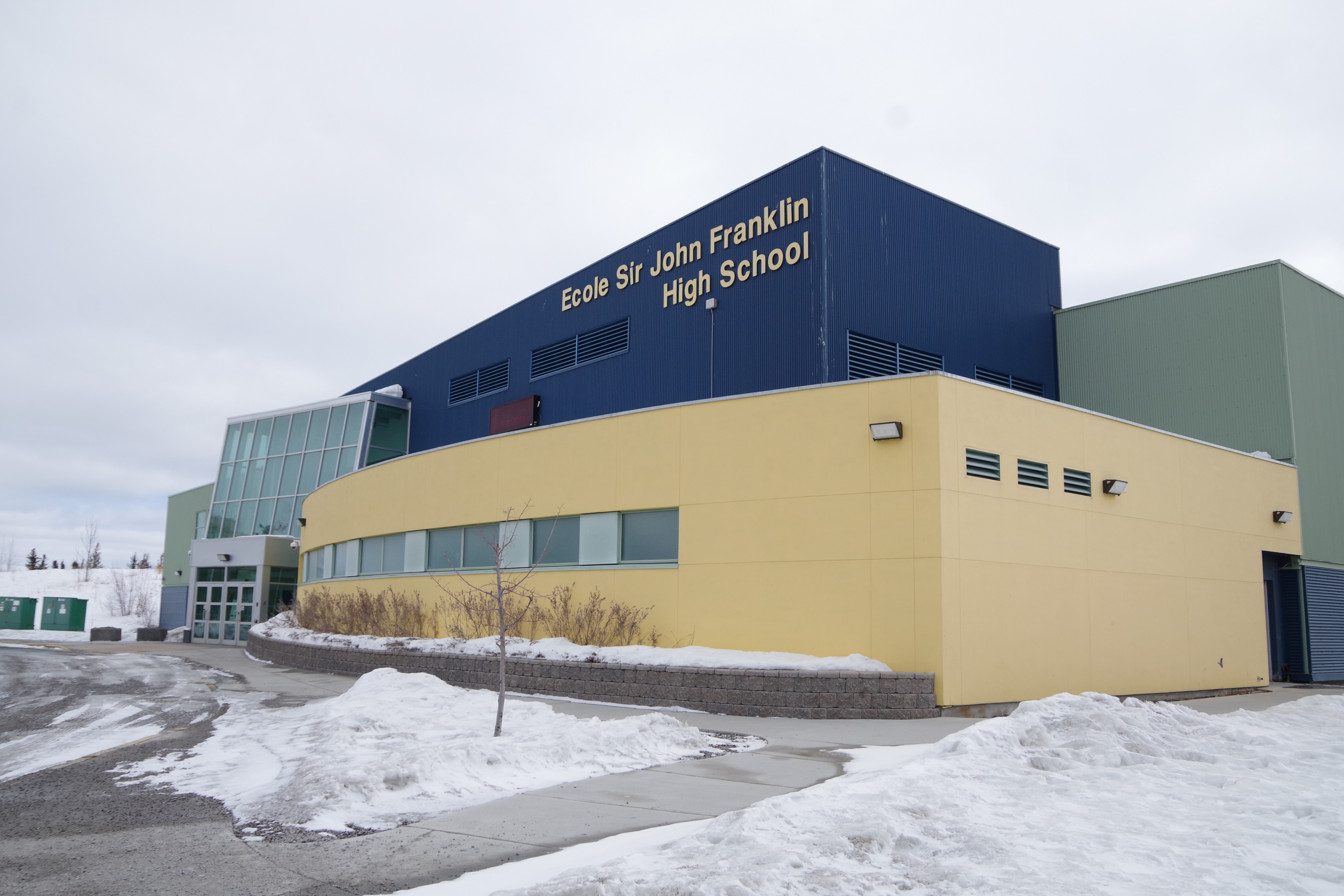The Government of the Northwest Territories (GNWT) is piloting Northern Studies 30, a Northwest Territories (NWT) high school course that focuses on land, governance, wellness and reconciliation.
Small-scale pilots of Northern Studies 30 began in various NWT schools starting this month. It is a made-in-the-NWT curriculum that is based on engagement with Indigenous Governments and other education partners, such as education body superintendents, the GNWT Indigenous Languages and Education Secretariat, curriculum consultants and various working groups.
Northern Studies 30 covers a variety of topics that are relevant to NWT students including geographic regions, natural resources, protected landscapes, oral history and traditions, historical land use, human migration, colonization, language reclamation, consensus government, Arctic sovereignty, Dene Kede and Inuuqatigiit, mental health and addictions, housing, Missing and Murdered Indigenous Women and Girls, the Truth and Reconciliation Commission (TRC),cultural appropriation, and the role of social media.
The curriculum focuses on hands-on, practical instruction based on competencies – learning that connects a student’s skills, knowledge and values.
During the small-scale pilot, the GNWT will gather feedback from educators and students on the course and the curriculum framework, aiming to launch the finalized course in all NWT schools in September 2023.
As an optional resource for Northern Studies, the GNWT is working in partnership with The Gordon Foundation to launch three pilot treaty simulations in high schools across the territory this semester.
Teachers from all regions had the opportunity to train in the Treaty Simulation in September 2022. The Treaty Simulation aims to see students: learn the history of modern treaties and their negotiation and implementation; build skills in leadership, public speaking, researching, problem solving, communicating and presenting ideas, and; gain an appreciation of how Indigenous and non-Indigenous perspectives shape politics and culture.




